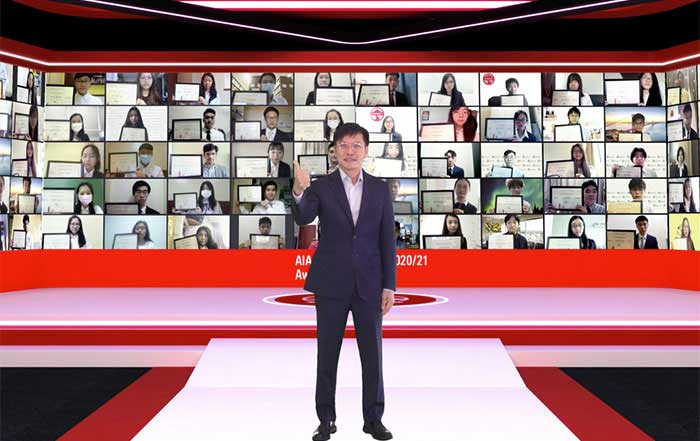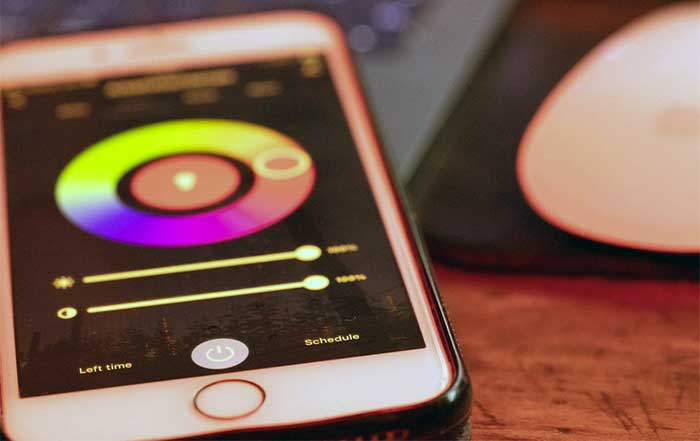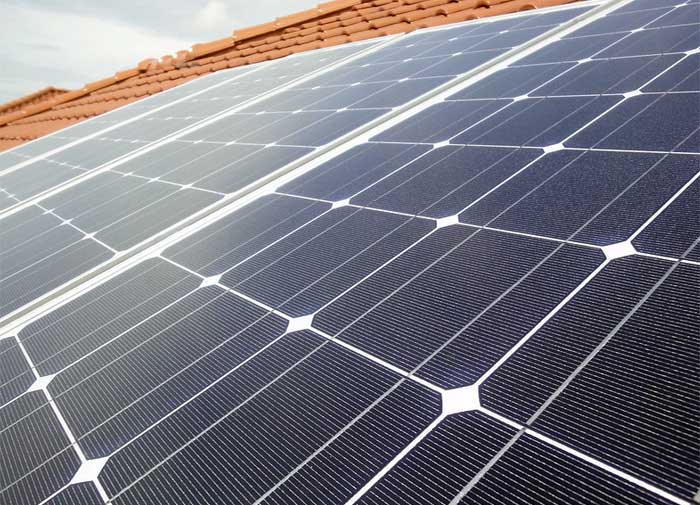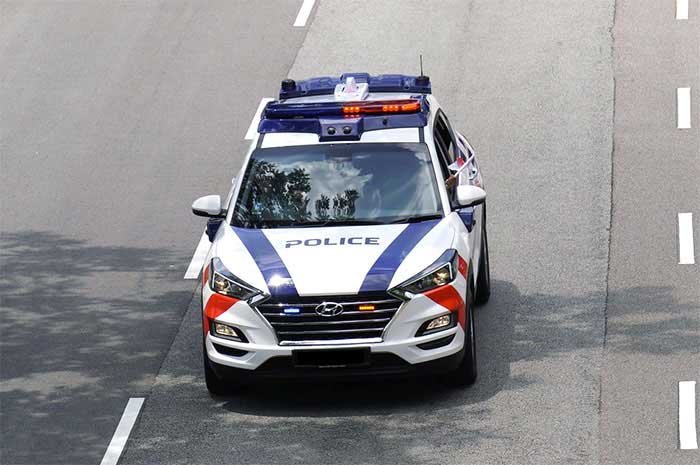9 in 10 Singaporeans still struggling with their mental health one year into the pandemic, men and younger adults most worried.
AIA Singapore today announced findings from a new study on the state of Singaporeans' health at the one-year mark since COVID-19 was declared a pandemic. It revealed that fears over income loss and job instability caused 91% of respondents to report declines in their mental health. Around 60% of respondents are also deeply concerned about the added burden of other critical illness diagnosis such as cancer.
Ms Wong Sze Keed, Chief Executive Officer of AIA Singapore, says, "While our nation is heading for a post-pandemic recovery, mentally, we are still trying to navigate our way out of COVID-19 uncertainities. It is not enough to only take care of our physical health. This conviction drives our holistic approach to protect the many aspects of our customers' wellbeing – such as financial, physical, and mental health – to enable everyone to truly lead healthier, longer, better lives."
In the latest AIA Health Matters Survey 2021, the study polled over 300 Singaporeans aged 30 to 55 across a spectrum of working adults that is representative of the the resident population.
Path to pandemic recovery still causing anxiety, Singaporeans bogged down by fear of tackling both mental health challenges and critical illness.
Not only are Singaporeans concerned about their own health, but they are also feeling anxious about their family's and loved ones' overall wellbeing. This further adds to the stress they have been dealing with in the past year.
The past year saw an increase in diagnosis concerns for critical illnesses (+10% compared to 2016), with cancer being the most pressing concern (73% are worried). There is also a substantial increase in stroke concerns, from 60% in 2016 to 68% in 2021. Amongst mental health conditions, Anxiety and Major Depressive Disorders were revealed to be the most prevalent.
The study also shines a light on how different segments of the working population are coping with mental health challenges and critical illness worries:
Majority of the male respondents who are breadwinners stated that they are more likely to report when they are facing mental health and critical illness conditions compared to women.
Millennials (aged 30-39) reported higher stress coping with daily stressors at work as compared to pre-retirees (aged 40 and above).
Millennials aged 30 to 39 (81%) are especially worried about cancer compared to older adults.
Insights on Singaporeans' ownership of critical illness plans revealed another issue: mental health stigma still exists in society, which may stand in the way of ensuring adequate protection. Because of this stigma, while insurance plans with mental health coverage are available in the market, only 18% reported that their critical illness plans or riders include mental health coverage. Amongst the different demographic groups surveyed, men and millennials are more willing to take up more extensive insurance plans such as those that include mental health coverage.
As a leading life insurer, AIA Singapore is committed to doing more to provide comprehensive support for customers, staff, and the wider workforce, including taking care of their mental health. Since taking the lead in launching the first critical illness plan with mental health coverage in Singapore in 2019 with the launch of AIA Beyond Critical Care (AIA BCC) – the first and only critical illness plan in Singapore to provide coverage for five prominent mental illnesses: Major Depressive Disorder, Schizophrenia, Bipolar Disorder, Obsessive Compulsive Disorder (OCD) and Tourette Syndrome (up to age 21). AIA BCC also covers health screening and provides a refund of total annual premium (less claims paid) at the end of the policy term.
Based on the AIA Health Matters Survey 2021, 95% of respondents feel that being adequately covered for early to advanced stage critical illness is important. Addressing these needs, AIA Singapore has in place an enhanced proposition where customers can have peace of mind knowing that they have a choice to be protected holistically from early to advanced critical illness, inclusive of mental illnesses.
AIA Singapore has also been committed to:
Investing in new stress and wellness management training for more than 350 people managers in AIA Singapore. These training sessions will teach staff to identify common mental health issues and how to appropriately support their staff in good times and bad, thus creating more positive working environments for employees to thrive.
Offering a complimentary Resilience Mindset programme for all AIA staff and corporate customers who make up about 1.2 million (or 1 in 3) members of the Singapore workforce. This complimentary access to resilience training for mental health will better equip working adults to cope with the evolving challenges posed by COVID-19 by practising positive habits daily.




